Private Student Loan Settlement vs. Refinancing: Which is the Better Choice?
Many college graduates find themselves in a tight spot when it comes time to pay their student loans. Whether you’re just beginning to make payments or you’ve been paying them for a while, there may come a time where the payments become overwhelming and too expensive to afford. It may even feel like it’s impossible to stay on top of all of the debt. The good news is there are options to get you out of this difficult situation:
Many people automatically assume that a debt settlement is the best option. But that’s likely not the case. There are negative consequences that come with a student loan debt settlement, and you may not even be eligible in the first place. Refinancing your student loan, on the other hand, can be a great choice. This may help you qualify for a better interest rate, and it can make the monthly payments more affordable so that you feel less stressed and are better able to manage your monthly payments.
What is a Student Loan Debt Settlement?
Student loan debt settlement is when the lender accepts less money than what is owed on the debt and then forgives the loan. You would need to negotiate with the lender to come up with an amount that they will accept to forgive the loan, and you would need to make a lump-sum payment right away. While this does work for some individuals, it’s not for everyone. It can also be hard to qualify for a settlement, and there are negative consequences that follow. Also, you need to have access to a lump sum of cash—which may not be possible if you’re already struggling financially.
Why is it Hard to Qualify for Student Loan Settlement?
In many cases, lenders don’t like student loan debt settlement. If you’ve continued to pay your loans and are not yet in default (even if it’s been difficult to pay), they may prefer to keep getting money from you to pay the full amount eventually. This means they get more money in the long run and you pay off all of the debt.
Unless your loan is in default or close to it, you may not be given a settlement option.
How Much Will You Be Required to Pay for a Student Loan Debt Settlement?
The total amount owed for a student loan debt settlement depends on your situation, the lender, and how long it’s been since you’ve made a payment on the lo
- Typically, private student loan lenders will accept anywhere from 40%-70% of the loan balance. While that can allow you to trim a lot of the debt that you owe, 40%-70% of your student loan balance can be a LOT of money to pay all at once. Lenders usually wait until your loan is in default and has gone to collections before they will forgive more debt.
Here’s an example: If you currently owe $85,000 in student loans and your private lender agrees to a student loan debt settlement that requires you to pay 60% of the loan balance, that will mean that you will need to make a lump-sum payment of $51,000 to close out the loan account and forgive the rest of your debt. Most everyday people don’t have that kind of money sitting around—so it’s an impossible option. Additionally, this decision can hurt your credit and negatively impact your financial future.
What are Some of the Negative Consequences of Student Loan Debt Settlement?
When you take a student loan settlement, it will impact your finances and your credit score. You will have a mark on your credit score, and it will not look good if you try to take out other loans in the future. If you plan to get a car or a home soon, student loan debt settlement can hinder those chances.
Additionally, most lenders require the loan to be in default to qualify for student loan debt settlement. That means you will need not to pay your student loans for months before you’re even eligible. Many months of no-payment on any financial content looks very bad on your credit report.
Another negative side of student loan debt settlement is the tax consequences. Debt that has been cancelled is taxable. That means that you’ll get a 1099-C and you’ll need to report the forgiven debt as income and then will need to pay taxes on it. If you had a lot of money forgiven, this can mean that you’ll have to pay a lot of additional taxes.
Here’s Why Student Loan Refinancing is a Better Choice:
Because of the consequences of a student loan settlement and the difficulties associated with it, many individuals find that student loan refinancing is a much better choice. This reworks the loan so that payments are more affordable and or so that interest is less. Choosing to refinance your student loan can save you a lot of money and allow you to afford your student loan payments better. Here are some of the top benefits of student loan refinancing:
- Pay less in interest charges
- Free up monthly income by reducing student loan payments
- Pay off your student loans faster
- Feel less anxiety about your financial situation
Student loan refinancing is a win-win situation because you can pay off your debt in a more manageable way, continue to make payments, improve your credit score, and set yourself up for better financial success. Plus, your lender gets paid—so they’re happy, too.
How Does Student Loan Refinancing Work?
If you keep the terms of your current student loans, you’ll need to continue making payments and continue paying the current interest rate. Many people choose to refinance their student loans so that they’re able to get a lower interest rate and more affordable monthly payments. With a student loan refinance, your new lender will pay off the existing student loan debt. You will then have one new loan with a new interest rate and payment schedule. Many people find that they’re able to free up their monthly budget and pay their student loans off faster with refinancing. Plus, it makes their debt much more manageable.
Who is a Good Candidate for Refinancing?
A good candidate for a student loan refinance is someone who struggles to pay their student loans at their current interest rate. If you want to refinance your loans, you should have steady, verifiable income. This will show the new lender that you’re able to pay your loans. The refinanced interest rate that you will qualify for does depend on your credit score. While it’s still possible to have your student loans refinanced with a lower credit score, having a higher credit score and a good credit history will help you get a more desirable interest rate.
Yrefy is Here to Help You Refinance Your Student Loans
If you want to benefit from a student loan refinance, Yrefy is here to help. They specialize in private student loan refinancing and help people like you get out of their private student loan debt so that they’re able to have more financial freedom. Your current interest rate may be too high, making your monthly loan payments outrageous. Yrefy offers affordable, fixed student loan rates. They also work with individuals with low credit scores and poor credit history. On average, refinanced loan rates are 4%.
If you’re feeling overwhelmed with your current student loan situation, it may be time to make some changes. Opting to refinance your student loan can help you pay off your student loans faster and pay less interest throughout the loan’s lifetime. Yrefy specializes in defaulted and distressed private student loans. To learn more about student loan refinancing or to start the application process, reach out to Yrefy (888) 819-9556..




